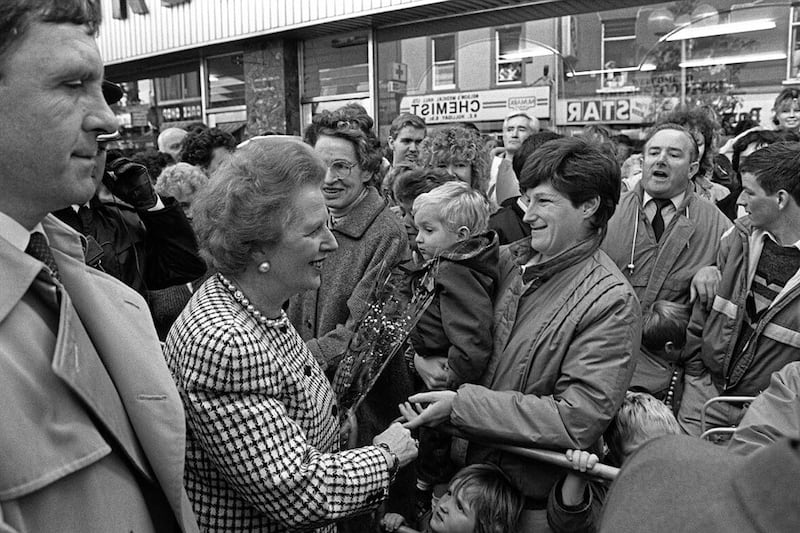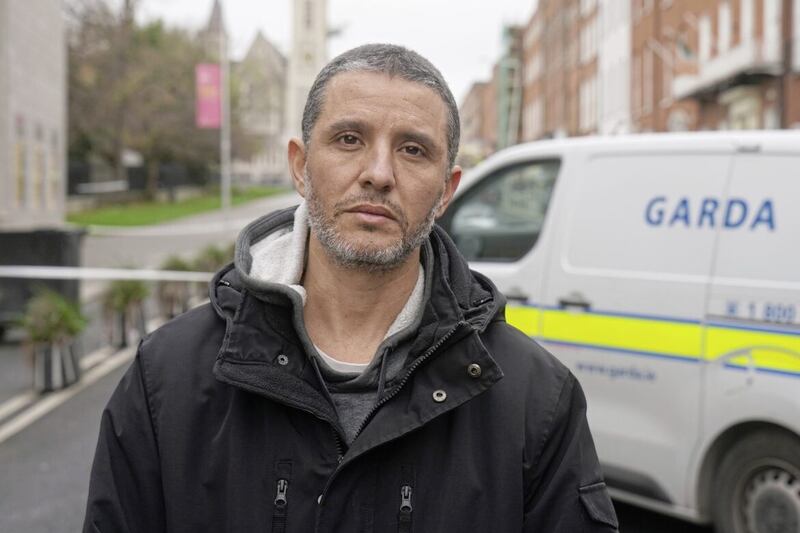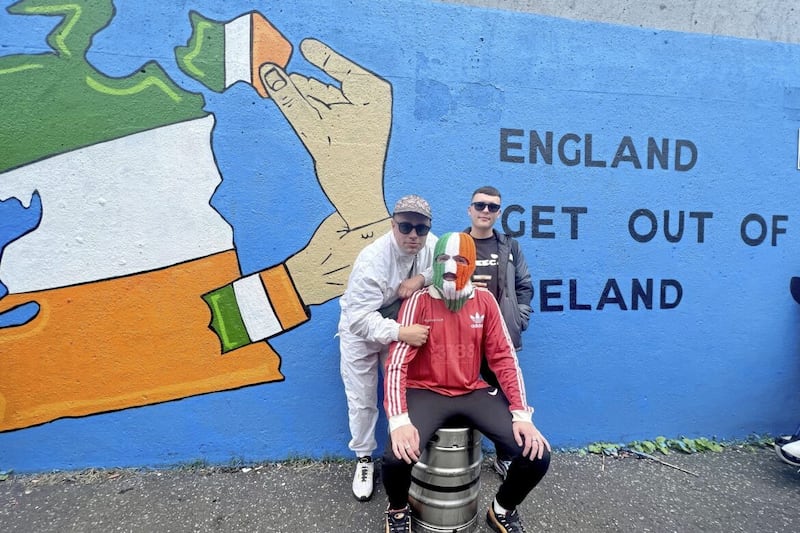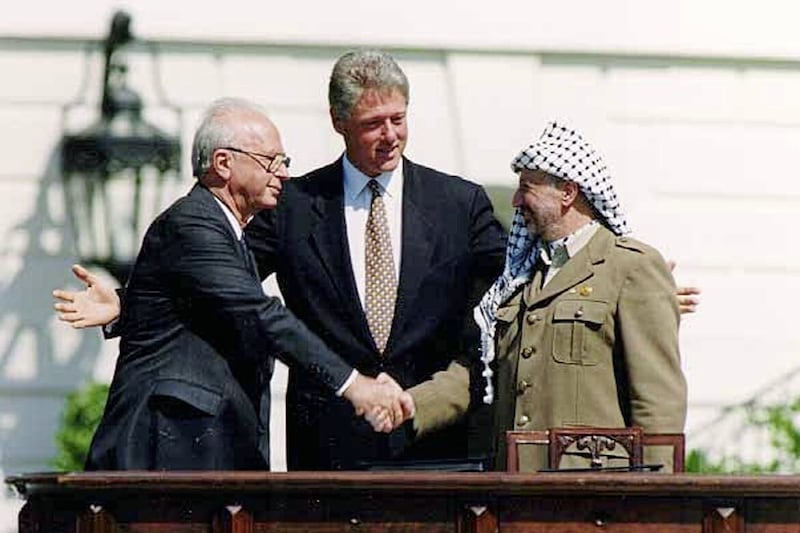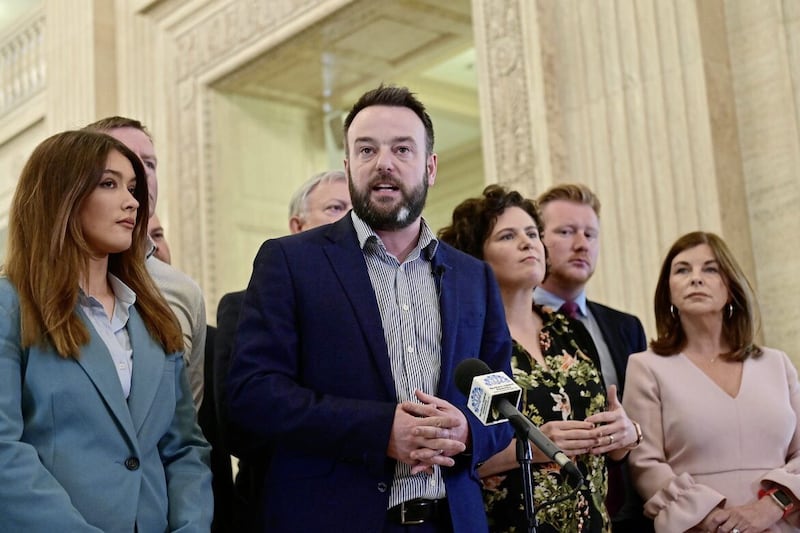LAST week I took part in a BBC Talkback discussion on all things republican and nationalist.
Obviously this debate was framed within an Irish context.
The base line was that nationalists were primarily those who sought to pursue their political aims by parliamentary/constitutional means, whilst republicanism for much of the past two centuries has been associated with the pursuit of political objectives by physical force, insurrection and armed struggle.
By the standards of traditional political badger baiting, the dialogue on this subject was informed and respectful - despite the obvious differences between the participants.
During the Troubles the divide between nationalism and republicanism was at its most obvious.
John Hume was probably Ireland’s greatest advocate of non-violence. He and his colleagues were also deeply committed to the unification of Ireland. They prioritised unity amongst people ahead of territorial union. And their outlook was internationalist and solidly European.
Sinn Féin’s leaders most likely perceived themselves as freedom fighters. Belligerents carrying on a tradition of physical force republicanism stretching back to the United Irishmen.
The United Irishmen were certainly republicans in the style and tradition of French and American republicans of that era and their aims were laudable. That said, it’s difficult to see the slave-owning, white supremacist and Young Irelander John Mitchel in that vein.
Since 1994, there has been a blurring of the terms republican and nationalist within the wider community and media. And some in loyalist circles can see no difference at all.
There was a time and it's not so long ago when the Hibernians in Ireland had little time for republicans and in particular Sinn Féin. That has now changed.
But there is also third category within broader nationalism/republicanism. It’s made up of ideological Irish militants who are zealots and purists and for whom the political narrative and mechanisms to achieve their aims remain unchanged until Britain leaves Ireland.
Basically they see themselves as the continuity of the armed struggle. Their language and aims are not dissimilar to the Sinn Fein mantra of the 1970s and '80s. They are stuck somewhere between 1916 and 1980.
But Sinn Féin has moved on. Mitchel McLaughlin made that clear when he said “Nothing stays the same”.
The numerous encounters between the late Martin McGuinness and the British royal family highlight just how much Sinn Féin has evolved.
Shibboleths like abstentionism from Dáil Éireann and Stormont disappeared as easily as a dandelion puff in the wind.
These days, with the rise of the far right in Ireland (and elsewhere) and their appropriation of the term nationalist, being defined a nationalist in 2021 sits uneasily with a section of northerners (this writer included) whose politics are based on principles of consent, social democracy and pluralism.
Nationalism has many negative connotations. Some political unionists in Northern Ireland are very much British nationalists.
The violence of the Troubles seriously diluted, if not destroyed any potential for Sinn Féin to articulate that its brand of republicanism could “unite Protestant, Catholic and Dissenter” as the United Irishmen had once hoped.
With Sinn Féin now in the mainstream of politics in both parts of Ireland, the politics of O’Connell, Parnell and indeed Hume has paved the way forward for the conduct of any debate about unity.
Hume recognised the hardest borders to abolish weren’t physical but in the mind.
Animal Farm author George Orwell wrote: “The nationalist not only doesn’t disapprove of atrocities committed by his own side, but he has a remarkable capacity for not even hearing about them.” That could sum up the attitudes of ultra-nationalists within republicanism and unionism.
During the Talkback programme, a lady called Mary rang in to ask if it was possible to build on our shared values on health, education and economy - rather than focus on our divided loyalties and identities.
That is the core politics of social democracy as the cement to bind together a divided society.



